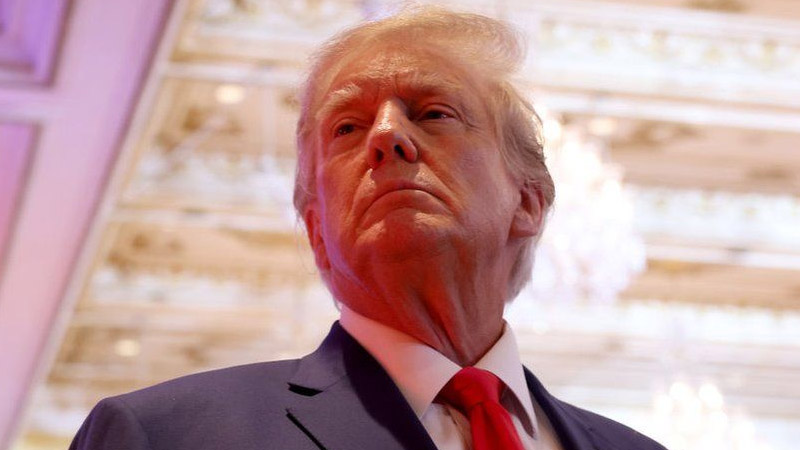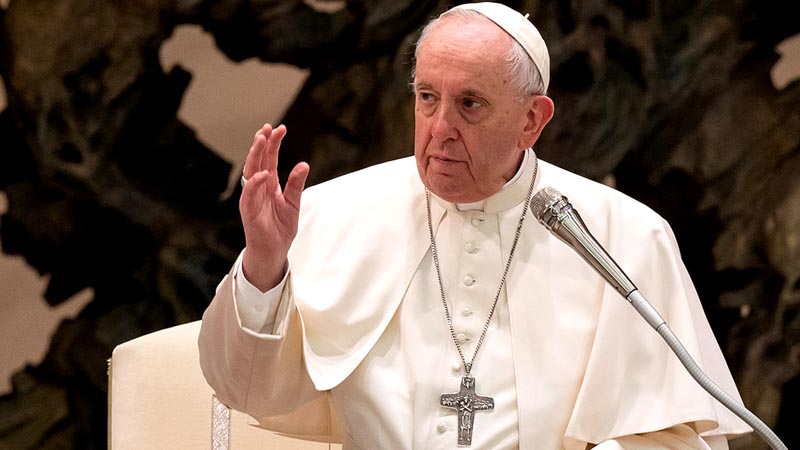Trump Allies Reportedly Consider Dismantling FDIC, Sparking Fears of Financial Instability

(Getty Images)
Donald Trump’s allies have reportedly explored the idea of dismantling or downsizing the Federal Deposit Insurance Corporation (FDIC), a Depression-era reform created to safeguard Americans’ bank deposits and prevent financial collapse, according to a CNN report.
The proposal has sparked widespread concern among financial experts and former regulators. Sources indicate Trump’s team is considering shifting deposit insurance oversight to the Treasury Department, which critics say could destabilize public trust in the banking system.
“This idea would pose an enormous risk of terrifying Americans about the safety of their deposits and triggering bank runs,” warned Patricia McCoy, a law professor at Boston College and former federal regulator.
The FDIC plays a vital role in insuring bank deposits of up to $250,000 per account at insured banks, providing a safety net funded by premiums paid by the banking industry—not taxpayers. While critics sometimes argue there are too many bank regulators, most experts doubt Congress would agree to dismantle an agency as central as the FDIC.
“This has as much logic as asking if Trump can abolish Wednesday, and split it between Tuesday and Thursday,” said Aaron Klein, a senior fellow at the Brookings Institution and former Treasury official who helped craft the 2010 Dodd-Frank Act. “The FDIC’s brand value to consumers is immense. Millions of Americans trust the FDIC to insure their nest egg.”

Critics argue that eliminating or weakening the FDIC could have disastrous consequences for financial stability. Dennis Kelleher, CEO of government watchdog Better Markets, pointed to the agency’s role during the 2008 financial crisis.
“This is one of the dumbest ideas anyone could have, and it’s a reflection of how incredibly out-of-touch billionaires are,” Kelleher said. “In 2008, the FDIC was absolutely pivotal in stabilizing the financial system and making sure the Great Financial Crisis didn’t become a second Great Depression.”
While Trump’s allies have floated the idea, experts believe it may be more about signaling control rather than a realistic policy shift. Some see it as a not-so-subtle warning to Trump’s potential regulatory appointees.
“If they don’t go along with Donald Trump’s regulatory agenda, there is an existential threat in the background that could be triggered,” said Mills. “In my mind, this is a way to work the umpire – before the umpire even takes the job.”
The FDIC’s long-standing role in ensuring confidence in the banking system remains a cornerstone of the U.S. financial structure, and proposals to eliminate it are widely viewed as both unrealistic and dangerous.


